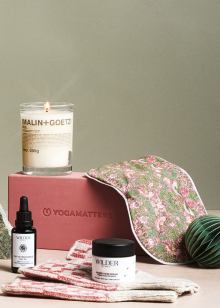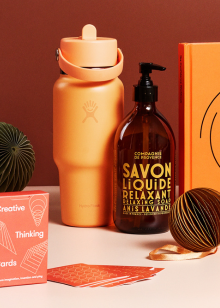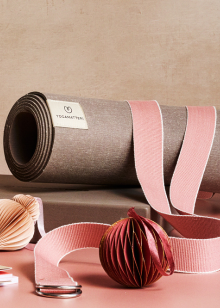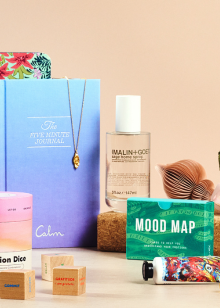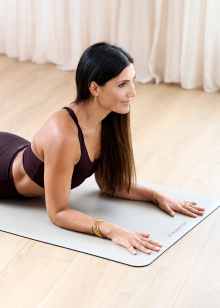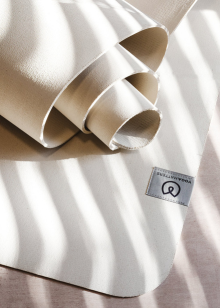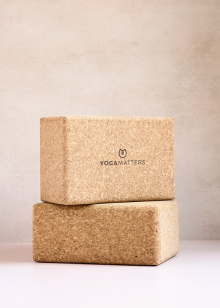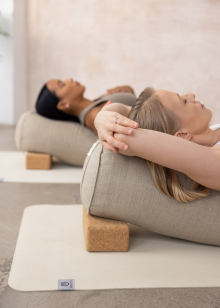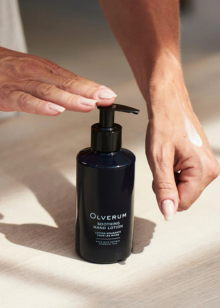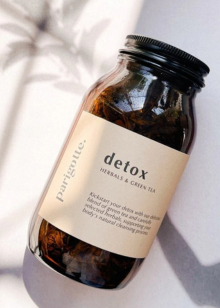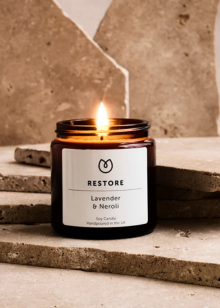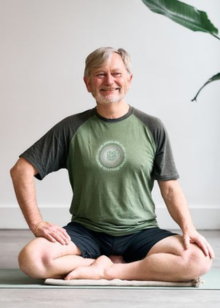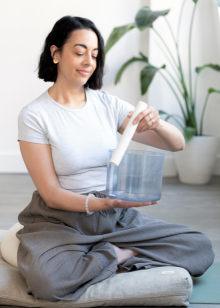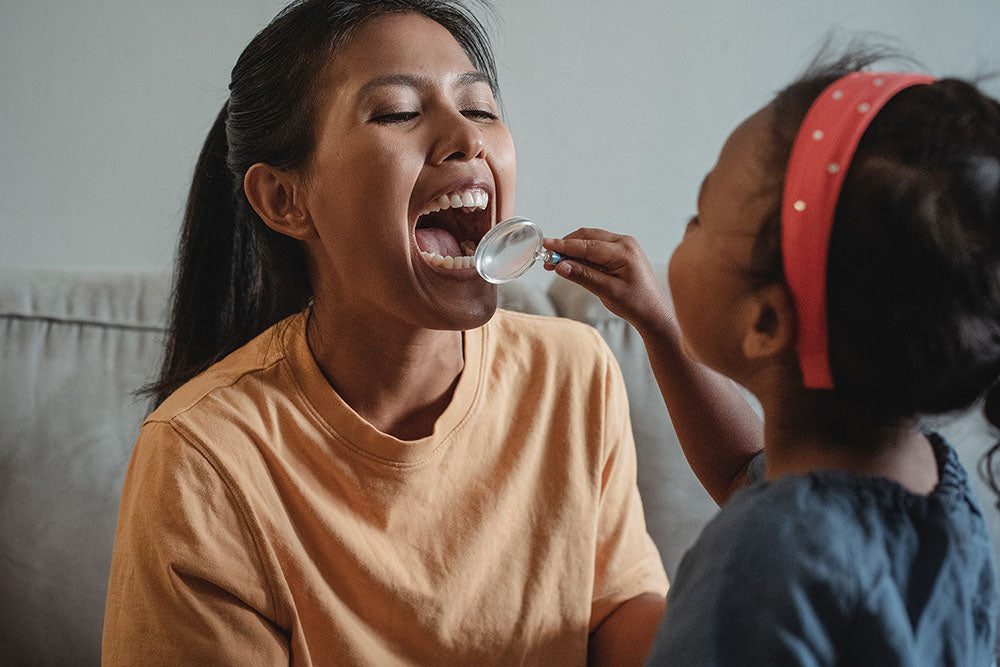As humans, we have always been looking to find how we can become healthy, how we can live more happily. The WHO definition of health is “a state of complete physical, mental and social well-being.”
This describes health as a fundamental human right.
It is remarkable that despite our relative prosperity and peace in the western world, many of us are yet to obtain that state. We have made advances in life expectancy and reduced infant mortality but is our overall well-being better?
As well as the known risk factors for disease, such as smoking, alcohol, poor diet and lack of movement, there is growing evidence stress and lack of connection to others are risks for chronic disease and cancer.
I am always struck by how yoga and many other traditional cultures have taught the importance of our connection with the earth and all that live on it as fundamental to living healthily. Modern medicine has dissected and examined our bodies, organs, cells, enzymes and DNA to provide evidence of what happens within us and how to keep everything functioning well and yet this very examination can lead to a reductionist approach to health. Our health is not merely the number of years we live, but how we live them. Yet policy is often determined by what reduces mortality. Even when we do try and measure the quality of our life, we trade in numbers. In an aim to simplify and measure and compare, there is a risk that the totality of our experience and thus our wellbeing is missed.
What is evidence-based medicine?
The medical community uses evidence based medicine to decide what tests are done, treatments are offered, healthcare strategies are followed. This is a rigorous process and necessarily so, given that billions are spent on healthcare which can cause harm as well as good. However, what is researched, what is published, how statistics are used and which results from clinical trials are applicable to individuals is debatable. Evidence-based medicine is an essential contribution, but may not meet individual health needs without considering personal experience.
So, what is “experience?” This is your understanding and awareness of what is happening in the body and world around. It is the essence of yoga. It may also help you understand what is important to you as an individual and formulate how you approach health. Discussing this with your health practitioner can transform your ability to achieve better health.
So, what is the dilemma? Most doctors have a keen understanding that experience can determine health and although there is increasing research around this, the evidence around what clarifies experience is conflicting. In my opinion, this takes time, continuity and sharing of risk. I would argue that yoga has taught me just as much about health as a medical degree. Medicine has taught me the mechanics of how the body works and yoga has taught me to pay attention.
Perhaps our experience can be seen through our connections:
Finding connection with ourselves
The connection between body, mind and breath is well established. Good health requires harmony between all three.
Our body requires adequate nutrition, sleep and movement to keep it working and allow itself a chance to repair. The conflicting literature as to what this is specifically can be confusing, but tuning in to experience makes us all better discriminators.
Our mind, and how strongly this is a determiner of health has been well explored. Accepting who we are and the bodies we inhabit, being compassionate to its needs, being present to how our experience can be held within us and maybe revealed in unexpected ways. Our mind may influence the nature of pain, immune responses and how we deal with trauma.
Physiologically, the importance of our breath for health is known and, there is an acceptance that how we breathe can alter the state of our mind and vice versa. In a modern context, our muscles can atrophy with disuse. Our minds have little time to rest, relax, reframe with constant choice and stimulation. As yoga has always known, the breath can help us discriminate where we need to pay attention.
Finding connection with others
Our lives are intricately connected with friends, family, colleagues and those around us. Research has determined how the nature of our relationships affect our health. The pandemic has demonstrated how even those to whom we do not feel connected are important to our health. It is tangible in terms of reducing the spread of a virus but I would argue that our individual health is always determined by our relationship to others. As yoga teaches, we are all part of the whole. How we communicate, how we tell stories as humans, how we view differences and care for others is how we live our lives. This is our experience and fundamental to the quality of our health.
Finding connection with the planet
It has taken about 40 years of climate research before the world has begun to understand what yoga, Rachel Carson and numerous great naturalists have always told us. How we treat the natural world and other species will have an enormous impact on us and our health. It determines the quality of our food and the environment in which we live. Our connection to the earth and other species can be powerfully healing and we are beginning to understand that the organisms in our gut have a direct impact on our physical and mental well-being.
And then of course there is joy which is connected to all of the above and feeds our health.
There may not be randomised control trials to prove much of this but the evidence base is increasing. Moreover, observing and tuning in is unlikely to result in harm.
I could use the example of asana practice as a model for health. Through years of refining and adjusting, we develop a pose that is well aligned and gives the breath free range. However, even as our attention is drawn to one spot to give greater clarity, another aspect of the pose can suffer. The challenge is to nurture the whole with great care. it is not just the diet or the pill that will fix health. It is our attention and awareness to everything we are and do.
Of course, there is nothing new to what I am saying. This is yoga. But humans are forgetful and our narratives can get in the way.
Join Sonali and other wonderful teachers for the last week of Breathe: 10 minute breathing / meditation at 7 a.m and 8:30 p.m. on weekdays. The course has been held throughout lockdown but is coming to a close. Head to www.slowe.yoga/breathe for more details.
